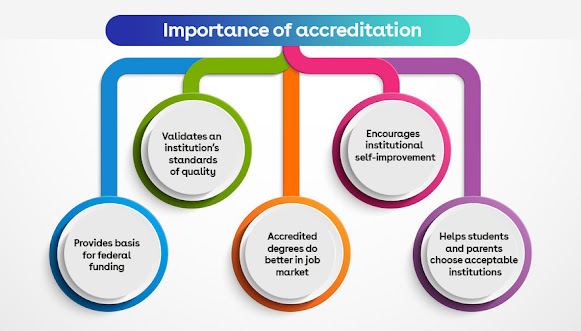Accreditation bodies for higher education in the world

Accreditation is a peer review process by which educational institutions are recognized and accredited for maintaining a high standard of educational quality. This process is organized and regulated by various accreditation committees and commissions, as well as by member institutions (such as universities and colleges). Accreditation of educational institutions began in the 1880's, but only at a regional level; national standards of accreditation were not officially established until the early 20th century. After World War II, accreditation began to play a much larger role in the field of higher education, largely due to the 1952 reinstatement of the Servicemen's Readjustment Act of 1944 (informally known as the GI Bill). This bill offered financial assistance to veterans of the Korean War, to cover living expenses as well as tuition costs for higher education. The International Network for Quality Assurance Agencies in Higher Education (INQAAHE) is a global association of ...
